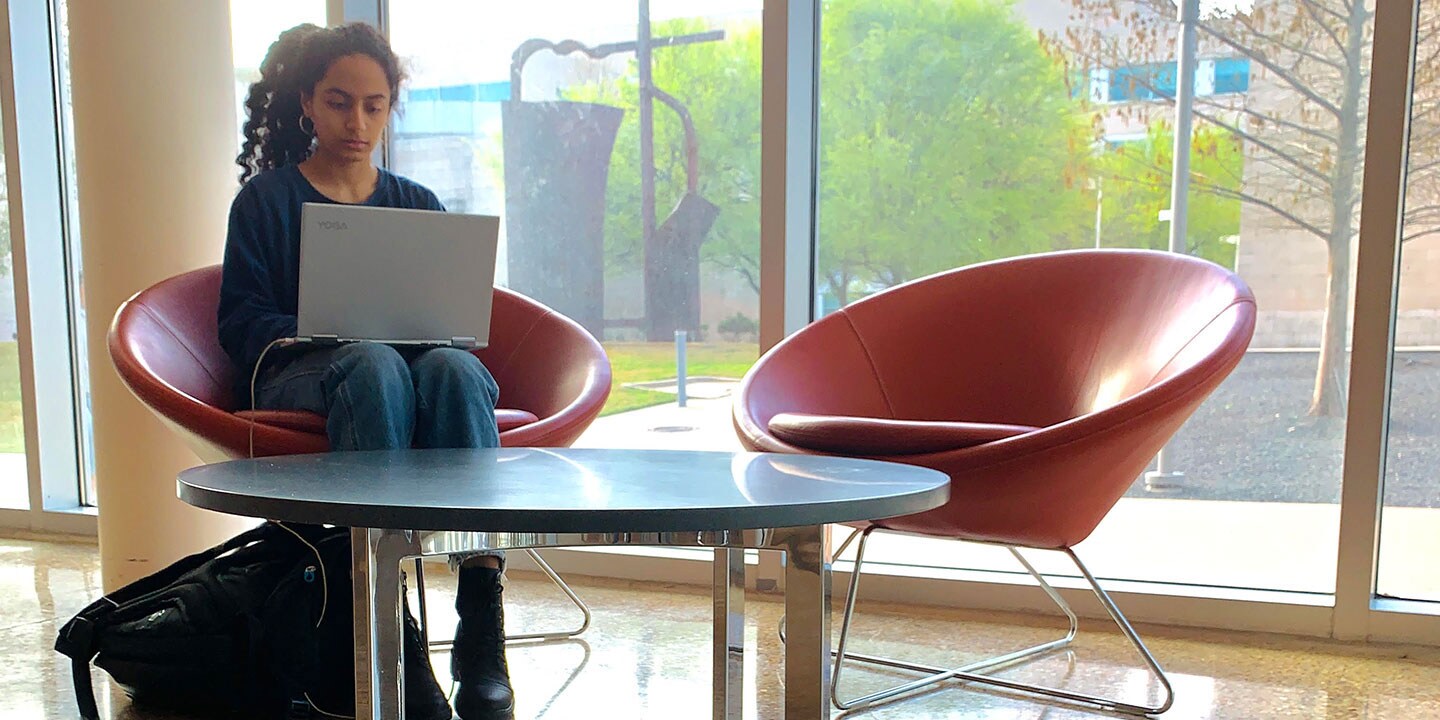
Balancing School, Work, Internships, and Interviews
When first starting college, I always looked forward to having a relaxing senior year; however, that did not turn out to be the case. What I hoped to be an easy semester turned into me taking 12 credit hours, managing a Pearson micro-internship, working as a Pearson Campus Ambassador (PCA), and interviewing for full-time jobs. My life became incredibly busy. Although it seems like a lot, my past experiences taught me how to manage my time wisely.
Increasing Responsibility
This was not the first time I had to handle a chaotic schedule. During the Spring semester of my junior year, I took 18 credit hours, worked as a PCA, and completed an internship with a search fund. During that time, the best thing I did to manage school and work was to prepare for exams at least a week in advance. Since I would have multiple exams a week, internship deadlines, and PCA projects all coinciding, I couldn’t spend all day studying for an exam anymore. Learning how to space out my studying was extremely integral to my being able to manage other responsibilities on top of school.
Helpful Habits
The habits I built during that time made me confident that I could handle all that senior year had to throw at me. I’d learned how to space out studying so I could balance my academics and maintain my GPA, while still being able to keep up with other commitments. Another habit that helped me was to put all due dates onto a Google or Outlook calendar. I have a hard time keeping up with a written planner, however I am always on my laptop. Having those notifications pop up for things like internship meetings, job meetings, and even classes is super helpful. I keep up with all my deadlines and make to do lists for day-to-day tasks. Being organized is genuinely the most important thing to manage several projects at once.
And something interesting I learned during these heavy semesters is that I work more efficiently when I have more to do. Having many deadlines helps me get things done faster because I know I don’t have much time to procrastinate. When I was in high school and my only focus was on school, I wasn’t as efficient with my time because I didn’t need to be.
Although taking on more responsibility may seem daunting, it has proven to be rewarding. Both my PCA position and Pearson internship have provided me with so much experience to talk about during my job interviews.
Take Time for Yourself
Now in my final semester, I’m finding that carrying out a job search can feel like a full-time job on its own: preparing for interviews, updating my resume, and applying to jobs in between classes and during lunch. The best thing I’ve done for myself this semester is build time in to take breaks, like hanging out with friends, exercising, and treating myself to some ice cream. Taking care of your mental health is important to maintain your best self. I’m extremely thankful for all of opportunities I have had throughout my college career and hope to apply what I’ve learned during these busy semesters post-college.
Do you have a compelling story or student success tips you’d like to see published on the Pearson Students blog? If you are a college student and interested in writing for us – click here to pitch your idea and get started!